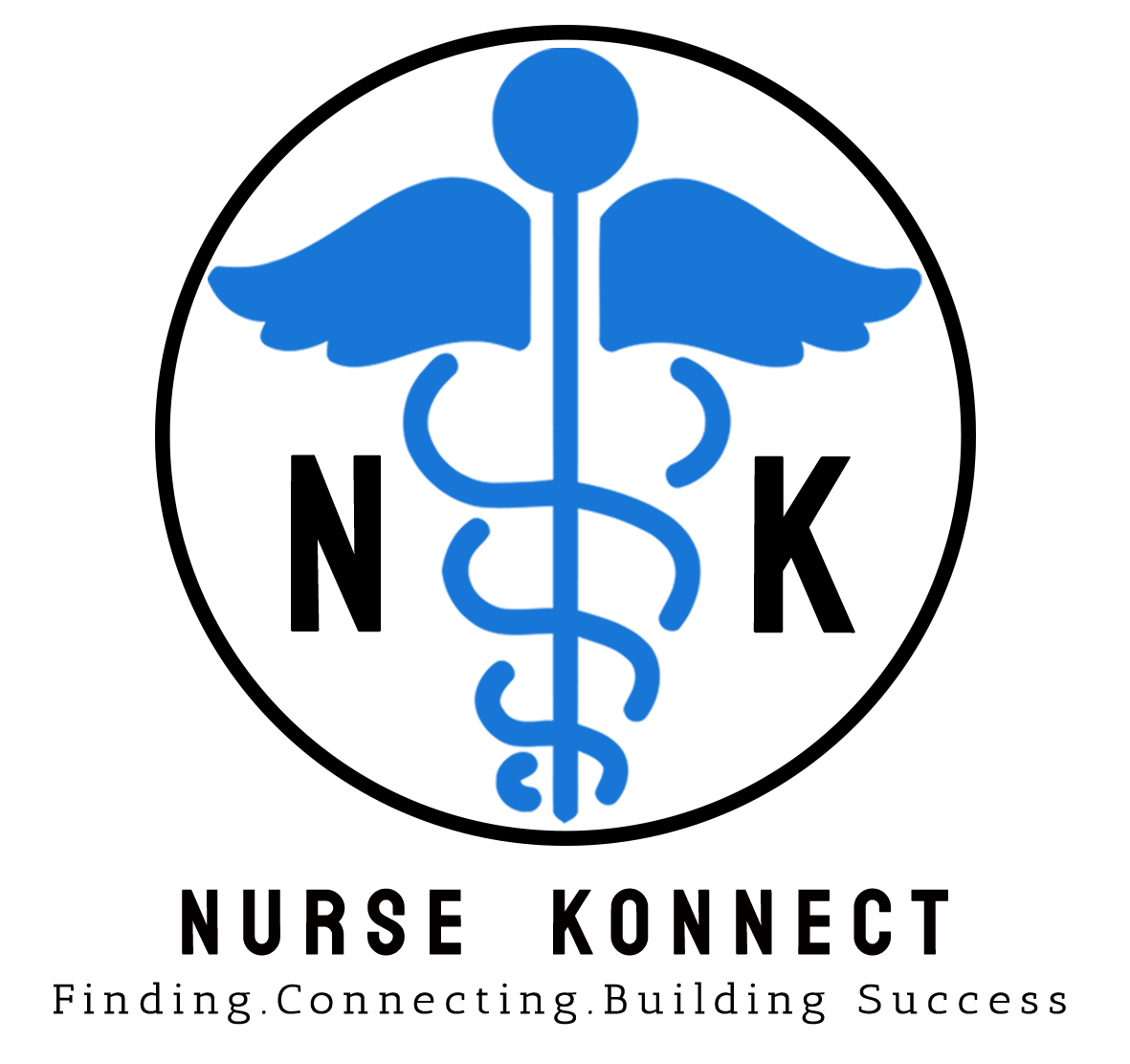Latest blog
Learn some new info from
our latest news

Posted by Mathew James
29 October 2020
GOVT TO SET OUT CHANGES TO THE IMMIGRATION RULES FOR SKILLED WORKERS
The majority of these changes will come into effect between 1 December 2020 and 1 January 2021. These changes provide the foundation for the UK’s Points-Based Immigration System, which will apply from 1 January 2021. This affects newly arriving EU, EEA and Swiss citizens (except Irish nationals).
This legislation represents a further step in the Government’s commitment to simplify the rules, implementing the recommendations of the Law Commission to ensure greater clarity is provided to migrants, employers and all other users of the rules.

Posted by Mathew James
23 September 2020
£28m to Re-start International Nurses Recruitment!
Following the period of inactivity during the pandemic, CNO announces funding of £28m is being made available to England for overseas recruitment of nurses. Half of the money is dedicated to supporting the arrival to the country of nurses who have already been appointed from abroad. The other half is to fund a “significant expansion” of future overseas nurse recruitment for the remaining of 2020-21.

Posted by Mathew James
04 January 2017
What Top Ten Technologies Will Change the Face of Healthcare?
Healthcare is an industry that keeps up with the times and utilises modern technology to its full extent wherever possible. In these modern times of instant gratification and personalisation, healthcare has stepped up to an anytime, anyplace, constant and continuous personalised industry. It’s crucial to know what’s next in new technologies that will affect the healthcare industry by 2025.

Posted by Mathew James
23 September 2020
No More Work Experience required for the Overseas Nurses To Register In The NMC UK
Until recently, the overseas Nurses and Midwives applying to join the NMC UK register was required a mandatory 12 months experience after being qualified. But the NMC has now removed this requirement, which means that the applicants can apply to join the register immediately after qualifying.
Only applicants who are using their registration and practice of at least one year in a country where English is the first and native language as evidence of their English language skills will be required to provide an employment reference as part of their application.

Posted by Mathew James
18 October 2017
NMC amendments In English language requirements for applicants trained outside UK
The Nursing and Midwifery Council (NMC) is making alternative options available for nurses and midwives, trained outside the UK, to demonstrate their English language capability.
From 1 November 2017, we will accept the Occupational English Test (OET) in addition to the International English Language Test System (IELTS), as proof of a nurse or midwife’s English language competence. While this provides an alternative way for nurses and midwives to demonstrate their English language capability, applicants will still be required to meet our existing English language standards.

Posted by Mathew James
26 August 2017
Why is becoming a nurse in the UK a big deal?
A frustrated nurse writes:
"I recently took the OSCE and failed the skills section for absolutely bogus and arbitrary reasons. But before finding out that I had a "partial fail", I initially came out of that test feeling confident, like I had done well, and there is no way they would judge me to be an incompetent nurse. But despite my feeling that I performed well, I also emerged from the test simultaneously angry and frustrated, for having just committed 5 weeks of my life to stressing, floundering through disorganized, overabundant study materials on the Nile website, and traveling across the world... all for a test that clearly has nothing to do with assessing a nurse's competence. All the OSCE succeeds in testing is our willingness to jump through meaningless hoops and pay excessive fees!"

